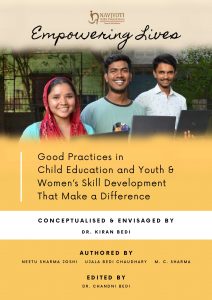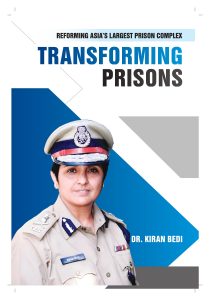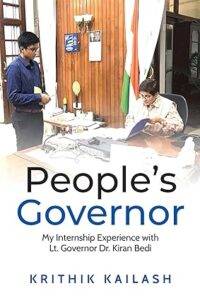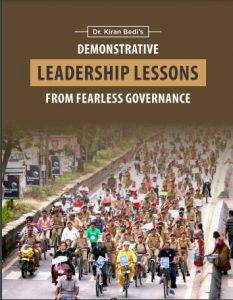
Some lessons for building a life & not just a resume
So many students are trying to “figure life out.” I told them the truth: life isn’t figured out—it’s built, day by day, habit by habit; you don’t need to have it all together by 20. You need to start building a life—one that’s clear, consistent, and kind to yourself
University is more than a degree—it’s a dress rehearsal for life. This was my central message of a recent campus talk I gave to young university students. As a leader and lifelong learner, I shared practical, personal lessons not about chasing grades or titles, but about developing everyday habits that compound into a meaningful, successful life.
The core of my talk was simple: leadership begins with the self. And it is built—slowly, steadily—on habits. Not flashy, dramatic changes, but micro-habits and consistent self-awareness that support you in the long run.
Start small, think big
We often hear the term “habits,” but few understand their impact when layered over time. I encouraged students to adopt what I call micro-habits—tiny, manageable actions that can shape mental health, productivity, and resilience. These include practising gratitude, taking hourly screen breaks, tracking your progress with a “Done” list, time-boxing study sessions and designating one “no phone zone” hour daily.
Why these small steps? Because they are doable every day. If you ask yourself, “Can I do this daily for the next 10 years?” and the answer is yes, you’re on the right track. These practices are not for short bursts of motivation but for sustaining momentum across decades.medical card
Mental health is leadership, too
In the rush of exams, social pressures, and the excitement of new independence, mental health often takes a back seat. But true leadership is impossible without mental clarity and emotional well-being.
Physical health contributes powerfully to this. I recommended a solid exercise routine, not for aesthetics, but for functional strength—mobility for long walks, core strength for study posture, and balance for daily movement. Just taking the stairs instead of the lift, or going on a weekend hike, can boost your emotional state.
Equally important is connection. Join a club. Be part of a student-run organisation. Seek out belonging. Relationships are not just social accessories—they’re lifelines. A sense of community is among the strongest protectors of mental health.
And finally, let us normalise reaching out for help. Asking for support is not weakness; it is wisdom.
Self-care is not self-indulgence
Many students think self-care means spa days or vacations. But real self-care is more basic and more essential. It’s about sleeping enough, exercising regularly and practising calming routines, like journaling, walking, or meditation. What matters is that the self-care habit you choose is sustainable, calming, and emotionally nourishing. Even a consistent bedtime or a morning stretch routine counts.
For many students, university is the first taste of adult life. Suddenly, you’re managing your own money, time, and choices. It can feel overwhelming. That’s why I emphasised money awareness. Learn to track expenses. Budget your pocket money. Don’t let money control you—understand it, plan for it, and use it mindfully.
But above all, I reminded students that every mistake is a lesson. Whether it’s an academic setback, a broken friendship, or a poor financial decision—reflect, don’t regret. The habit of honest self-reflection will serve you more than any textbook ever could.
Clarity, consistency & characterstream
Three principles closed my talk: clarity, consistency, and character. Clarity means knowing what you don’t want just as much as what you do. Ask yourself daily: “Where am I going? Why am I doing this?” If you don’t know where you’re headed, even speed won’t help.
Consistency is about showing up—even in small ways—every day. Read one page. Walk ten minutes. Improve just 1% a day. That is the secret to exponential growth.
Character is choosing values over convenience. Be honest with yourself. Surround yourself with people who challenge you to be better, not just more popular.
Perhaps the most important lesson I shared was this: You don’t need to be extraordinary. You need to be consistent. Talent is only potential. What matters more is your ability to show up, every day, with integrity, discipline, and purpose.
So many students are trying to “figure life out.” I told them the truth: life isn’t figured out—it’s built, day by day, habit by habit. You don’t need to have it all together by 20. You need to start building a life—one that’s clear, consistent, and kind to yourself.
Leadership is not just a title. It’s not what happens to you after graduation. It is how you treat your body, your mind, your time, and the people around you—starting now.I left them with a final thought: Leadership for life begins with leading yourself today.
(The writer, India’s first female IPS officer, is former lieutenant governor of Puducherry)














